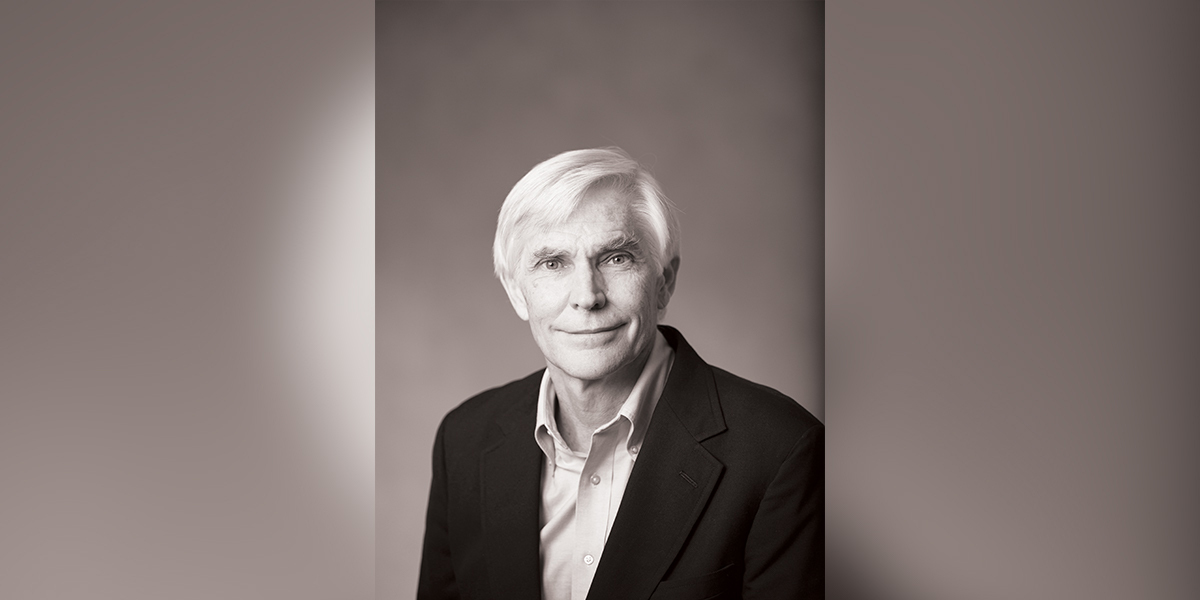The Manhattan Institute (MI) mourns the passing of senior fellow Peter W. Huber. Huber joined MI in the late 1980s and pioneered much of the energy, regulation, and medical innovation research and writing that is still at the core of our work today.
His views on the intersection of law and medicine, most notably how regulation stifles innovation, are perhaps even more relevant today than at the time of his writings. Yet we are pleased that he was able to witness the accelerated development and emergency-use approval of the Covid-19 vaccines, given his long-time advocacy of removing barriers to the development and deployment of new technologies.
During his time at MI, Huber was frequently called upon to testify before Congress on issues relating to the FDA, precision medicine, and technology regulation, and he became a leading voice on these issues.
Prior to joining MI, Huber, who earned a law degree from Harvard and a doctorate in mechanical engineering from MIT, was an associate professor at MIT, clerked on the D.C. Circuit Court of Appeals for Ruth Bader Ginsburg and on the U.S. Supreme Court for Sandra Day O’Connor.
Huber leaves behind an impressive body of work. He authored nearly a dozen books, including the seminal The Bottomless Well: The Twilight of Fuel, the Virtue of Waste, and Why We Will Never Run Out of Energy (coauthored with MI’s Mark Mills), which Bill Gates praised as “the only book I’ve ever seen that really explains energy, its history, and what it will be like going forward,” and the highly praised The Cure in the Code: How 20th Century Law is Undermining 21st Century Medicine. In over a hundred essays, he shone a light on “junk science” (a phrase he popularized), advocated for a responsible environmentalism grounded in the importance of conservation, and sought advances in science to save lives.
We have lost a great mind and scientific crusader. We are honored to have worked with Peter Huber for over two decades and we will continue to honor his legacy through the work of our next generation of scholars.
Read City Journal’s tribute to Huber by Mark P. Mills
